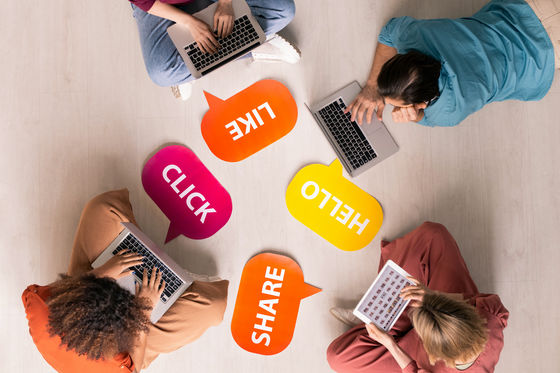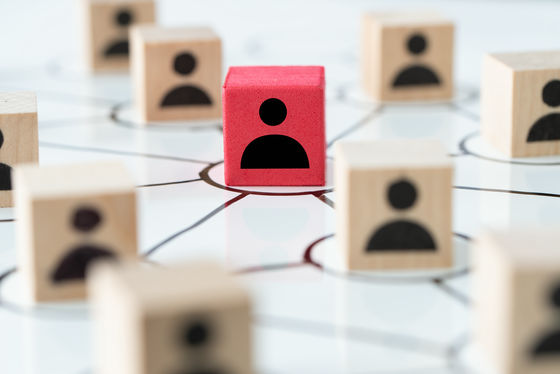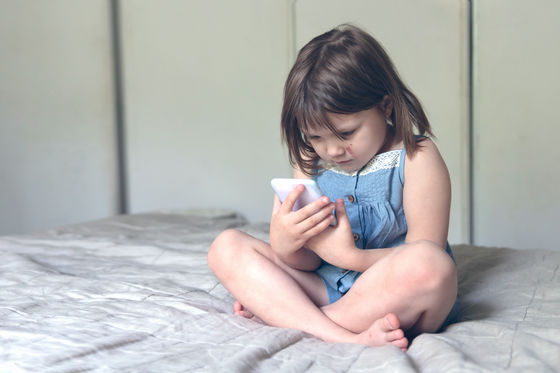Does Social Media Cause Political Polarization?

In politics, the division of people's opinions into two factions, the 'right wing', which emphasizes conservative ideas, and the 'left wing,' which emphasizes innovation
Why Social Media Is So Good at Polarizing Us --WSJ
https://www.wsj.com/articles/why-social-media-is-so-good-at-polarizing-us-11603105204
According to the WSJ, 'political polarization is more advanced than ever' in the United States ahead of the 2020 US presidential election . Many studies have pointed out that this is due to social media, and many political scientists are concerned that 'social media could tear American politics,' the WSJ reports.
Christopher Vail, a professor of sociology at Duke University, who studies the impact of social media on polarization, said, 'As the presidential election approaches, the strong power of social media such as Google and Facebook influences what people see and hear. It has been pointed out that polarization may be being promoted. If the trend of polarization continues for a long time, the United States may be more politically divided than ever before. '
Bale also said that with the increasing political polarization in the United States, it is becoming urgent to unravel the question of 'what role does social media play in politics?' I did. Quantifying how social media promotes polarization and how social media influences people's perspectives and behaviors is attracting attention as a research theme.

One of the reasons why social media has been judged to promote polarization is that influential social media can easily generate a big response simply by showing content that matches people's ideas. It has been with. According to the WSJ, some experts said, 'Social media should change the algorithm to show more information about different ideas that each user disagrees with.'
'Overall, there is no conclusive evidence that social media will polarize us,' Bale claims. The reason is that political polarization involves so many factors, not just social media, but also geographical factors, political party changes, and other media such as newspapers and television. He said.
In the first place, Bale points out that it is impossible to investigate whether social media is actually affecting political polarization. For example, in order to investigate Facebook's influence on American politics, it is necessary to disable Facebook for a certain period of time throughout the United States and investigate what kind of impact it will have on political polarization. Since it is impossible to actually stop a huge social media like Facebook, many researchers are instead doing research to quantify political polarization by simulation.

In an
Experiments have shown that more time on social media such as Facebook, Instagram, Twitter, and YouTube when exposed to information that isn't what you intended can have a negative impact on your emotions. The research team pointed out that there is.

In addition, a study by Vicky Chucao Yang, an applied mathematician at the Santa Fe Institute, simulates how the political parties themselves have become more polarized over time. From the simulation, it was found that the political parties have taken a more advantageous strategy than dealing with moderates by dealing with more radical voters. Mr. Yang points out that the result of continuing to give preferential treatment to this radical voter is the cause of the polarization.
So, Yang's simulation suggests that social media isn't the only driving force behind America's political polarization, but that it's the result of many other phenomena interacting with each other. It means that a great power to advance the process was created. In addition, the fact that there are a certain number of voters who do not actively use social media is another reason why it cannot be concluded that social media is the cause of polarization.
Bale points out that the research results of the Northwestern University research team and Mr. Yang are merely hypotheses and are worth further research. The WSJ also says that social media cannot be determined to be the cause of polarization, but recommends that you refrain from using social media as much as possible, at least before and after the election, to avoid any polarization.
Related Posts:
in Note, Posted by darkhorse_log







